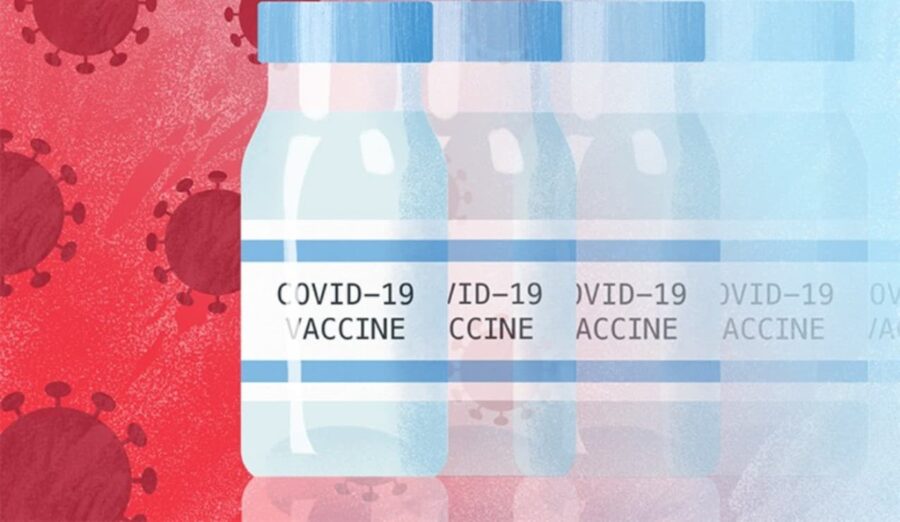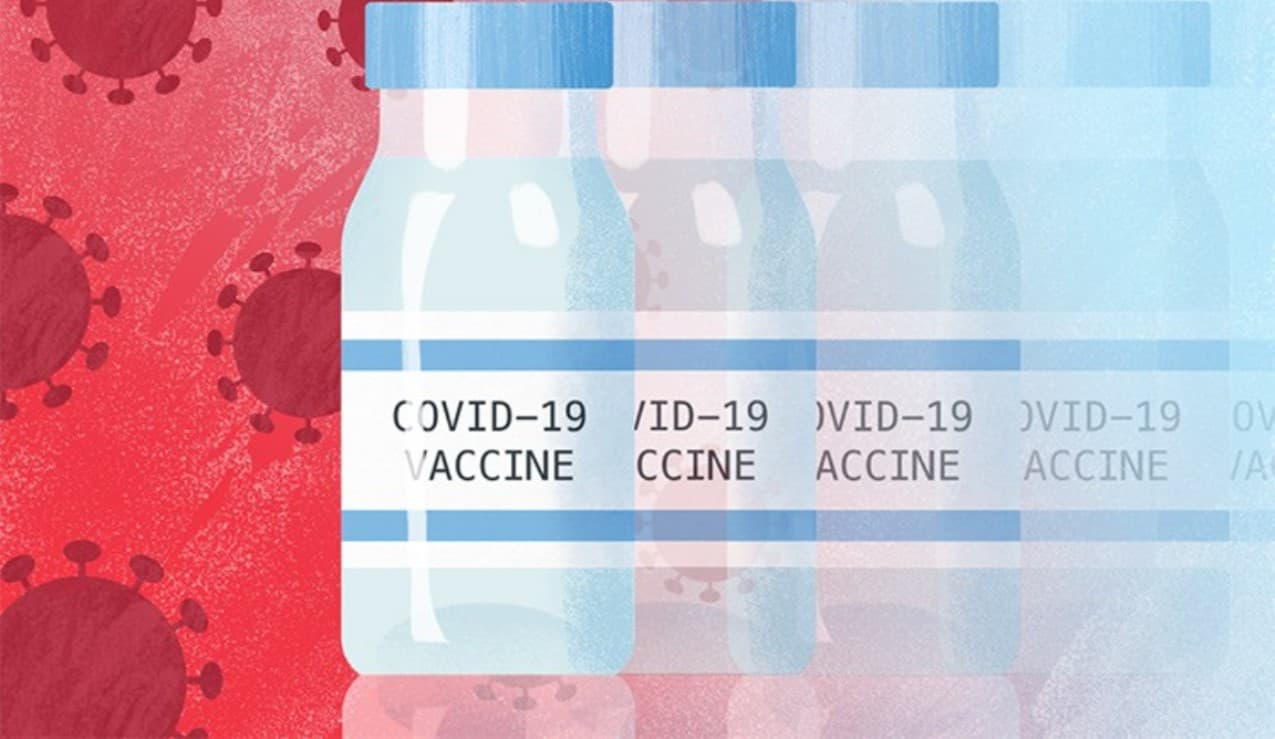
Big Pharma: The EU protects its companies, South Africa needs to do the same
Critical work being done by local scientists is at risk

Critical work done by South African scientists on mRNA vaccines for several diseases is at risk from patent claims from the pharmaceutical giant Moderna. Yet the government could easily protect this and other programmes by speeding up the passage of amendments to patent laws.
Every year, industry’s biggest players spend a combined US$4-billion on legal action. Even then, there was an audible gasp from the world’s media when Moderna, which developed a Covid vaccine with the US government, announced it was suing rivals Pfizer and BioNTech for “patent infringement”.
All three companies have made a fortune from selling Covid vaccines, and are now at war over the rights to the publicly-funded mRNA technology behind it.
After a year of suing and counter-suing in multiple jurisdictions, the European Patent Office stepped in two weeks ago and revoked one of Moderna’s patents covering “respiratory virus vaccines”. In doing so, the European Patent Office was seemingly defending BioNTech, a German company, from a ‘’threat’’.
This is not unusual. In most countries, governments can intervene to protect companies viewed as important to their national interest and can review, revoke, or withdraw patents. Most countries, but not South Africa.
Under Nelson Mandela, South Africa fought Big Pharma to secure affordable generic HIV medicines, and in the pandemic, the government made a valiant attempt to do the same for Covid vaccines by seeking a global waiver of intellectual property rules. But arcane apartheid-era laws still accept patent requests from companies – without substantive examination of the merits of the patent application and without the due process right to challenge it before it is granted. And, once a patent is granted, patient advocacy groups cannot easily revoke it.
There is legislation drafted which could give us the ability to challenge patents before they are granted, among other much needed mechanisms such as compulsory and government-use licensing.
In 2018, Cabinet approved a new Intellectual Property Framework which would give us this most basic right. It is compliant with international trade rules and should not be controversial. But, despite the fact the government has said it wants this legislation, has drafted it, and has even trained examiners on it, the law has sat languishing on the desk of the Minister of Trade, Industry and Competition Ebrahim Patel for several years. This has enabled Moderna to be granted far-reaching mRNA related patents in South Africa.
These patents put our widely-acclaimed mRNA vaccine manufacturing project, backed by the World Health Organisation (WHO) and others, at risk.
While the world quickly developed effective vaccines to combat Covid, intellectual property rules prevented us from making shots for ourselves. Western governments blocked our government’s efforts to suspend these global rules, leaving South Africa to wait at the back of the global queue, eventually paying unreasonably high prices for vaccines. Then at the height of our third wave of Covid infections, Johnson & Johnson exported vaccines which had been completed at a factory in the Eastern Cape to Europe, prioritising European customers over South Africa and the continent.
It was a dark time for South Africa. But amid the devastation, some hope came in the form of a small biotech company in Cape Town, Afrigen, when the WHO announced it would be at the centre of a new Global South programme to deliver vaccines.
Sharing technology
Moderna, Pfizer, and BioNTech have all refused to share their technology with the programme. But scientists from Afrigen and universities in South Africa as well as the South African Medical Research Council developed an mRNA vaccine of their own, using the publicly available information from the vaccine which Moderna developed with the US government. They have now begun sharing the technology with partners across the Global South – and are exploring vaccines for diseases such as TB too.
In a future pandemic, the programme could be used to rapidly share vaccine technology between low and middle-income countries, so that we don’t repeat the global inequality of the Covid vaccine rollout.
Except that Moderna filed far-reaching patents in South Africa which could be interpreted as covering any mRNA technology. And, under our faulty, unchanged intellectual property regulation system, the patents were granted.
Dozens of health and legal organisations have warned that the mRNA programme is vulnerable to patent claims from Moderna. While the company has given assurances that it will not enforce patents on its Covid vaccine in some lower-income countries, including South Africa, the work of the programme on other diseases remains under threat.
The Medicines Patent Pool, which is implementing the project for the WHO, wants each programme partner (in the Global South) to resolve the issue of patents itself. But, by suing Pfizer and BioNTech, Moderna has signalled that it wants a total monopoly on mRNA technology. What, then, is Plan B if Moderna turns on the WHO-backed programme next?
When earlier this year, the Health Justice Initiative took legal action to force the Department of Health to disclose secret contracts with Covid-19 vaccine manufacturers, we won – and the documents revealed that vaccine procurement negotiations were one-sided, with pharmaceutical companies pressuring our government into unfair prices, terms and conditions.
Back to court
Now we are once again preparing to take the government to court to pass key provisions of the Patent Amendment Act. At the very least, we need proper patent examination, ways to oppose patents before and after they have been granted, and easy-to-use compulsory and government-use procedures in place. And we need this quickly.
ALSO READ: Matric results: Easy Steps to check results online
We have seen how big pharmaceutical companies including Johnson & Johnson use our patent provisions to evergreen patents and then charge the state and sick patients more than they should by holding on to their patent monopolies.
We want to ensure that:
- monopolies are not granted without examining their merits;
- the public can exercise its right to oppose a patent before it is granted; and
- the government can override patents and allow generic production where needed, as do the governments of many other countries.
It is our right in a constitutional democracy.
Hassan is the founder and director of the Health Justice Initiative.
